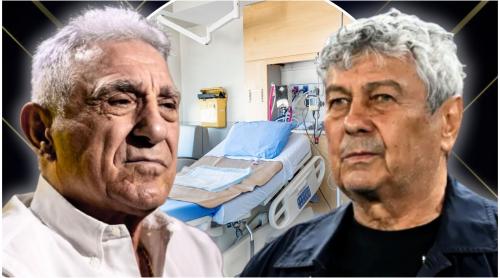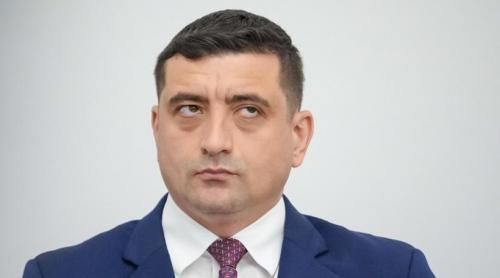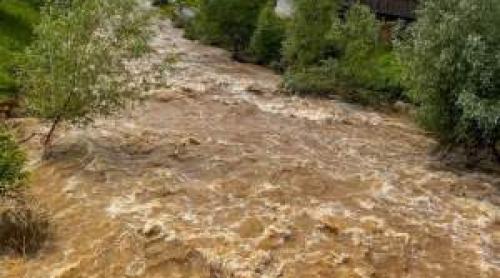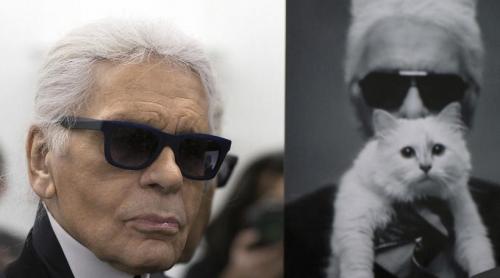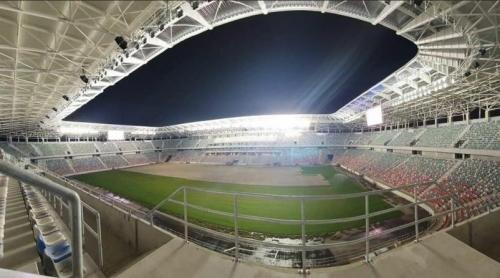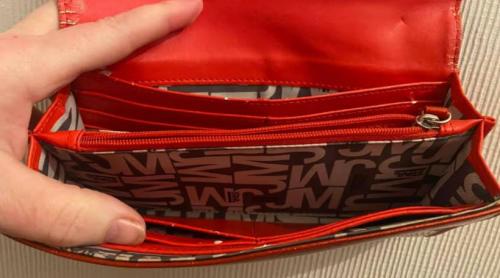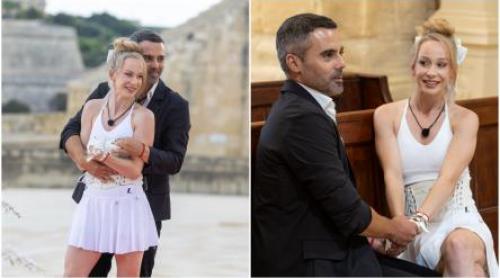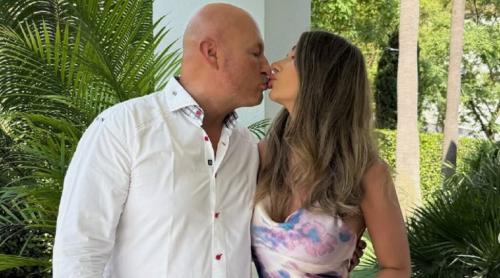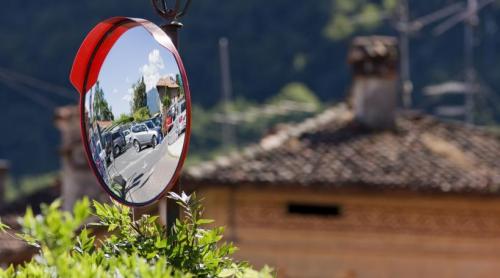
About a month ago the German Chancellor, Gerhard Schroeder, made a statement which prompted a wave of worried comments in Bucharest, regarding Romaniaâs chances to join the EU in 2007.
Schroeder gave an exclusive interview to Jurnalul National, in spite of his busy schedule, campaigning for office in Germany, and detailed Romaniaâs true chances to join European Union on 1 January 2007
Jurnalul National: You had a strong relationship with the former Social Democrat PM, Adrian Nastase. What is your relationship now with the current PM, Calin Popescu Tariceanu, and with President Traian Basescu?
Gerhard Schroeder: Shortly after taking office I invited them both to Berlin and had very meaningful talks with them. Thus we set the grounds for deepening the cooperation between our two countries.
JN: Is there a new assessment of the Federal Government regarding Romaniaâs chances to join the EU in 2007? You stated during a public meeting in Bielefeld that Romaniaâs and Bulgariaâs integration into Europe could be postponed to 2008.
GS: Romaniaâs Accession Treaty states that the country will join the EU in 2007. I totally support this target. To that end, however, Romania has to make due its obligations regarding reforming state subsidies, competition, justice and home affairs. If those objectives will not be fulfilled, then accession may be postponed one year to give Romania the time needed to do it. This is a safeguard clause stated in the Accession Treaty.
JN: Could Romania be a more interesting economic partner to the Federal Republic of Germany as a non-EU member than as EU member state?
GS: Uniting Europe brings security, democracy and prosperity to the whole European community. With expanding the borders of the EU we finally overcome the painful division of Europe performed after WWII. The newly member states and those that will accede in the future are finally getting back into their European family. Therefore, the issue of European Integration is larger than the economic one. It is also true that peace, democratic stability and economic dynamics are interdependent. For this reason, Romaniaâs accession to the EU is in both our countriesâ interest.
JN: Is Erhard Busek, the special coordinator for the Stability Pact in South East Europe, right when he states that many other countries not due for accession are better prepared than Bulgaria and Romania are?
GS: The timetable for accession was agreed upon after many years of negotiation with both countries. I take the view that both Romania and Bulgaria will fulfill all requirements in order to make the 2007 accession date.
JN: Is the political campaign in Germany likely to skew the message Berlin had so far sent to the candidate countries?
GS: My aim is to show during this political campaign that the reforms I started in the fields of work, social care, health care and pensions are already producing effects and that Germany also needs solid foreign and European politics. The latter deals with applying the accession treaties.
JN: How did Romania fare in its preparedness to accede, following the change of political power in December last year?
GS: My feeling is that the Romanian Government is willing to make all necessary efforts in order to meet the deadline for accession in 2007.
JN: Since both you and your counter candidate for the federal office, Angela Merkel, deem necessary to postpone Romaniaâs integration with one year, could Romania regard itself to be a victim of German political bickering, as Turkey once was?
GS: It is all up to Romania to meet the requirements for EU integration by 2007. The European Commission will assess its progress and issue recommendations accordingly. Romania will have, in that regard, equal treatment to the one the countries acceding in 2004 had.
JN: Could Romania afford a domestic political crisis, given the circumstances? The relationships between the Romanian president and PM are sometimes tense and the president threatens from time to time to call early elections.
GS: Please accept that I would not comment on Romanian domestic politics.
JN: You had a good relationship with the former EU Commissioner for Integration, Guenter Verheugen. How are things between you and the current Commissioner, Olli Rehn?
GS: I enjoy a good relationship with Mr. Rehn and I trust his work.
Note: Schroeder and his political opponent, Christian-Democrat Angela Merkel, were engaged recently in a televised debate. Commentators deemed Schroeder to have been the one scoring points, while polls present him still on the loosing side, though the gap between him and Merkel had shrunk.
The issue of European Integration was part of this debate too. Merkel statement was along the lines of Schroeder in this interview: that Romania and Bulgaria will join the EU only when complying with all the requirements enshrined in their respective accession treaties. She also stated the Christian-Democrats refusal to accept Turkeyâs integration into the EU.
The issue of European Integration was part of this debate too. Merkel statement was along the lines of Schroeder in this interview: that Romania and Bulgaria will join the EU only when complying with all the requirements enshrined in their respective accession treaties. She also stated the Christian-Democrats refusal to accept Turkeyâs integration into the EU.
Translated by Anca Paduraru
Citește pe Antena3.ro



